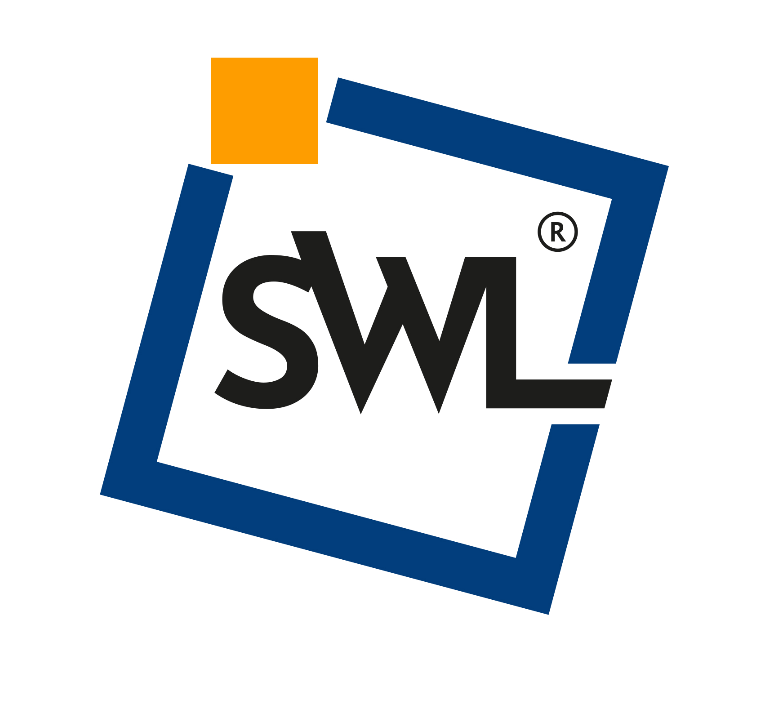Electrical and Power Systems Training Programs
Electrical Safety and Power Systems Expertise
Comprehensive Technical Competency Development in Compliance with National and International Standards
Electrical safety and standards compliance
- Electrical Risk Management: Working in electrical installations is a critical operation that requires high technical competence and strict safety protocols. Proper management of electrical risks is of vital importance for both personnel safety and operational continuity.
- NFPA 780: Lightning Protection Systems Standards
- NFPA 70E: Electrical safety requirements for the workplace
- IEC 61508: Functional safety standards
- IEEE 80: Grounding system design
- Occupational Safety and Health Law No. 6331: Electrical facility safety requirements
Technical Expertise and Advanced Topics
- Arc Flash Analysis: Incident energy calculations
- Risk of Electric Shock: Body Resistance and Current Pathways
- Grounding System Design: IEEE 80 compliant calculations
- Insulation Coordination: Overvoltage protection systems
- Differential Protection: Generator and transformer protection
- Distance Protection: Transmission line protection systems
- Adaptive Protection: Smart grid protection algorithms
- Cybersecurity: Digital security for electrical facilities
Our Digital Education Platform
- SWL e-Learning: Our digital platform, which combines the opportunities offered by modern education technologies with electrical and power systems training, is redefining traditional education methods.
- 40% faster comprehension and understanding process
- 3 times more lasting knowledge acquisition
- Content structure adaptable to individual learning pace
- Real-time performance analysis and evaluation
- Budget optimization with zero transportation costs
- 24/7 access for uninterrupted learning
Our Hybrid Education Model
- Digital Theory + Field Application Our training methodology adopts a hybrid approach where theoretical knowledge acquired on digital platforms is reinforced through field applications.
- Maximum flexibility with independence from time and place
- A rich learning experience with interactive multimedia content
- Gaining experience with real equipment and conditions
- Under the supervision of expert instructors: safe practice environment
- Development of teamwork and coordination skills
- Integrated approach Theoretical knowledge base and field application competence
Performance Indicators and Sectoral Impact
- NFPA 780 standard compliant training quality
- 95%+ participant satisfaction rate
- Multi-sector electrical safety experience
- Minimizing the risk of electrical accidents
- Increased operational reliability and continuity
- Legal compliance: and insurance benefits
- Technical personnel expert competency development
Strategic Technical Partnership
- End-to-End Solution: We provide consulting and technical support not only for training but also for all aspects of electrical safety management.
- Electrical risk assessment and analysis
- Lightning protection system design
- Cable current carrying capacity and aging calculations
- Arc flash analysis and protection planning
- Ongoing technical support and updates
- Electrical safety culture consulting
Critical Sector Data and Electrical Risk Analysis
- High Voltage Facilities
- ESD and Electrostatic Discharge
- Arc Flash Hazards
- Lightning Effects
- NFPA 780 Lightning Protection
- Reliability Analyses
Objective: To provide personnel working in electrical installations with the knowledge and skills required for safe working practices in high-voltage and high-current installations. Participants learn safe working techniques in accordance with national and international standards, while being aware of electrical risks.
- Basic Electrical Concepts
- Types of electrical installations, their general structure and function
- Legal regulations and statutes
- General safety rules applicable to all employees
- The effects of electric current on the human body
- First aid and safety measures in electrical accidents
- Safe working under de-energized (non-energized) conditions
- Special conditions, risk assessment, and permit procedures for working under live voltage conditions
- Arc flash risk and protection methods
- General maintenance requirements
- History & Background
- ESD Standards
- Triboelectric Series
- ESD Hazards & Damage
- Failure Mechanisms & Models
- ESD Control Program
- EPA – ESD Protected Areas
Objective: To teach the implementation of lockout and tagout systems in order to control energy sources during maintenance and repair operations.
- Hazardous energy sources
- Accident examples and analyses
- Legal regulations and statutes
- Label and lock management
- Energy insulation and applications
- Lockout and tagout procedures
Objective: The objective is to provide the necessary knowledge and skills to quickly identify electrical faults and respond effectively.
- Electrical installations: Entrance and system definitions
- Types and causes of electrical faults
- Techniques used for fault detection
- Security measures to be taken before and after intervention
- Measurement, testing, and control methods
Objective: This training aims to provide participants with knowledge and skills in the design, installation, and maintenance of lightning protection systems based on the NFPA 780 standard.
- The nature and effects of lightning
- Lightning protection devices and equipment
- NFPA 780 Standard and general principles
- Lightning Protection Systems
- Grounding and connection systems
- Determining the boundaries of the approach
- Personal Protective Equipment (PPE)
- Grounding Systems and Voltage Construction
- LOTO (Lockout & Tagout) Applications
- Risk Assessment and Security Planning
- Marking and Labeling in High Voltage Facilities
Target: To provide knowledge and skills regarding the electrical testing requirements for the acceptance and initial commissioning of machines operated with electrical equipment or parts of electrical equipment at nominal voltages including 1,000 V AC or 1,500 V DC and nominal frequencies up to 200 Hz, as well as modification and repair work on electrical machines.
- RCD Types and Precautions for Connections
- Types of grounding and grounding measurements
- Legal requirements for manufacturers when placing machinery on the market
- Legal requirements for operators when putting machines into operation
- Initial tests according to DIN VDE 0100-600 and DIN EN 60204-1
- Retesting of machine systems for the operator according to DIN VDE 0105-100
- Determining the test type, test depth, and test deadlines based on risk assessment
- Safety rules when testing electrical systems and machinery
- Guidelines for documenting measurement results
- EMC Directive protection requirements
- LVD Tests
- Various practical measurements on the machine
- Things to keep in mind after maintenance and transportation
- Conducting group studies on the current procedures

